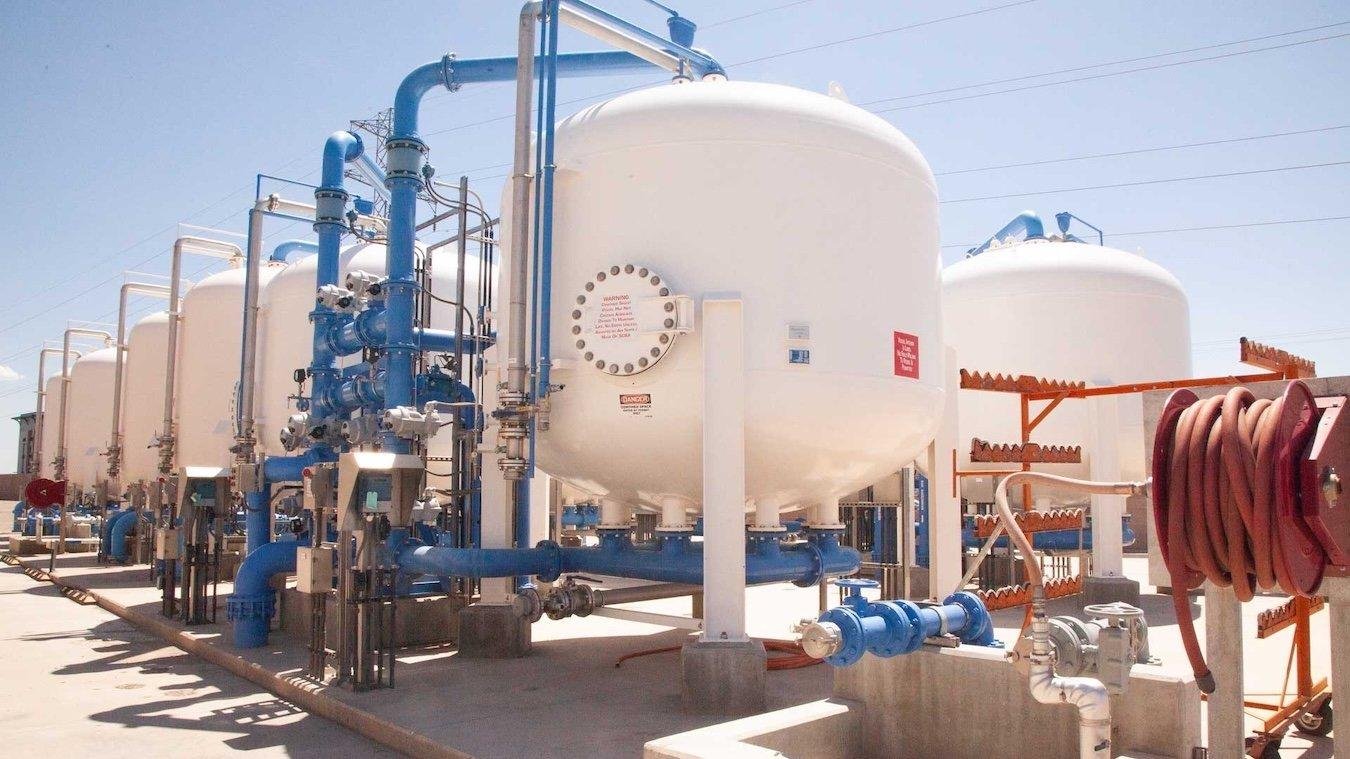Business
Trump Administration Halts Enforcement of Environmental Laws

Recent analyses have revealed a significant decline in federal enforcement of environmental laws under the current administration. Data from the Environmental Protection Agency (EPA) and the Department of Justice (DOJ) indicates no new major pollution cases have been filed since the inception of the Trump administration’s second term. This marks a stark contrast to the previous administration, where higher enforcement rates were noted.
Experts suggest this lack of action corresponds with a broader trend of scaling back regulatory measures. The administration has rolled back numerous environmental regulations, granted exemptions to coal plants, and is revising pollution standards for vehicles. Such decisions contribute to a worrisome climate for environmental advocacy, according to Gary Jonesi, a former EPA enforcement attorney.
Enforcement responsibilities differ across states; in some areas, state agencies lead, while the EPA takes the helm in others. Routine inspections or tips typically uncover violations, leading to civil administrative cases that often finish with settlements. However, substantial violations, such as harmful chemical discharges or air pollution, are referred to DOJ for litigation.
A review of press releases and public records shows that while the DOJ has been inactive regarding new major cases, the Trump administration has been closing nearly 100 fewer civil cases monthly compared to the Biden administration’s last fiscal year. Current figures indicate a decrease in enforcement activity, which generates concern from environmental advocates.
The Biden administration previously managed an average of 288 cases per month, a stark increase compared to current numbers. Some argue that the recent figures might be skewed due to civil cases initiated during Biden’s tenure but finalized under the current administration.
Despite the EPA’s claims of commitment to legal enforcement, there are indications that the political climate is influencing decisions at various levels. Internal communications have suggested that there is now a higher threshold for serious pollution cases, potentially weakening enforcement efforts significantly.
The withdrawal from proactive environmental enforcement raises pertinent questions regarding political involvement in such decisions. David Uhlmann, a former Biden appointee and head of the EPA’s enforcement office, expressed concern over the risks posed to public health and the environment due to current policies.
This trend of reduced enforcement is reminiscent of earlier periods where regulatory scrutiny waned. Historical data from the first Trump term highlights a contrast, with far greater enforcement activity observed. The trajectory suggests a potential future where environmental standards may not be adequately upheld, prompting urgent calls for reconsideration of current policies.

















